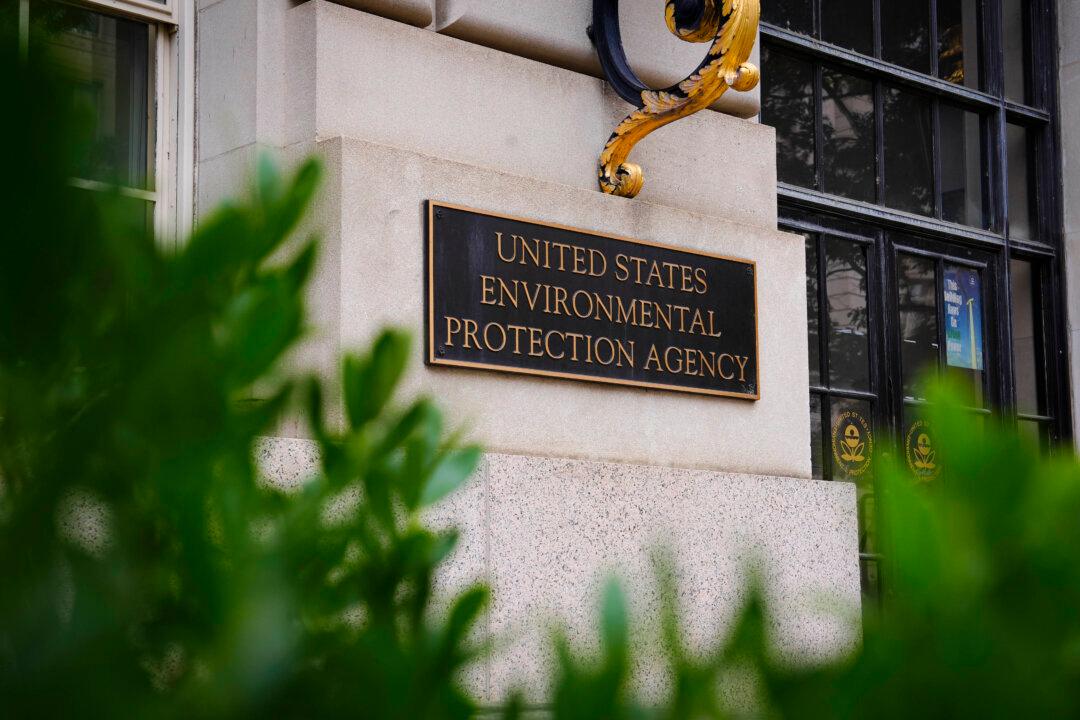The Environmental Protection Agency (EPA) has announced a proposal to ban all uses of trichloroethylene (TCE), a chemical used in household cleaning products and industrial degreasers that the agency says is “extremely toxic” and has been linked to serious health risks, including cancer.
The EPA’s proposal, issued on Oct. 23, aims to prohibit the manufacture, processing, and distribution of TCE for nearly all uses, with the ban slated to go into effect in one year.





